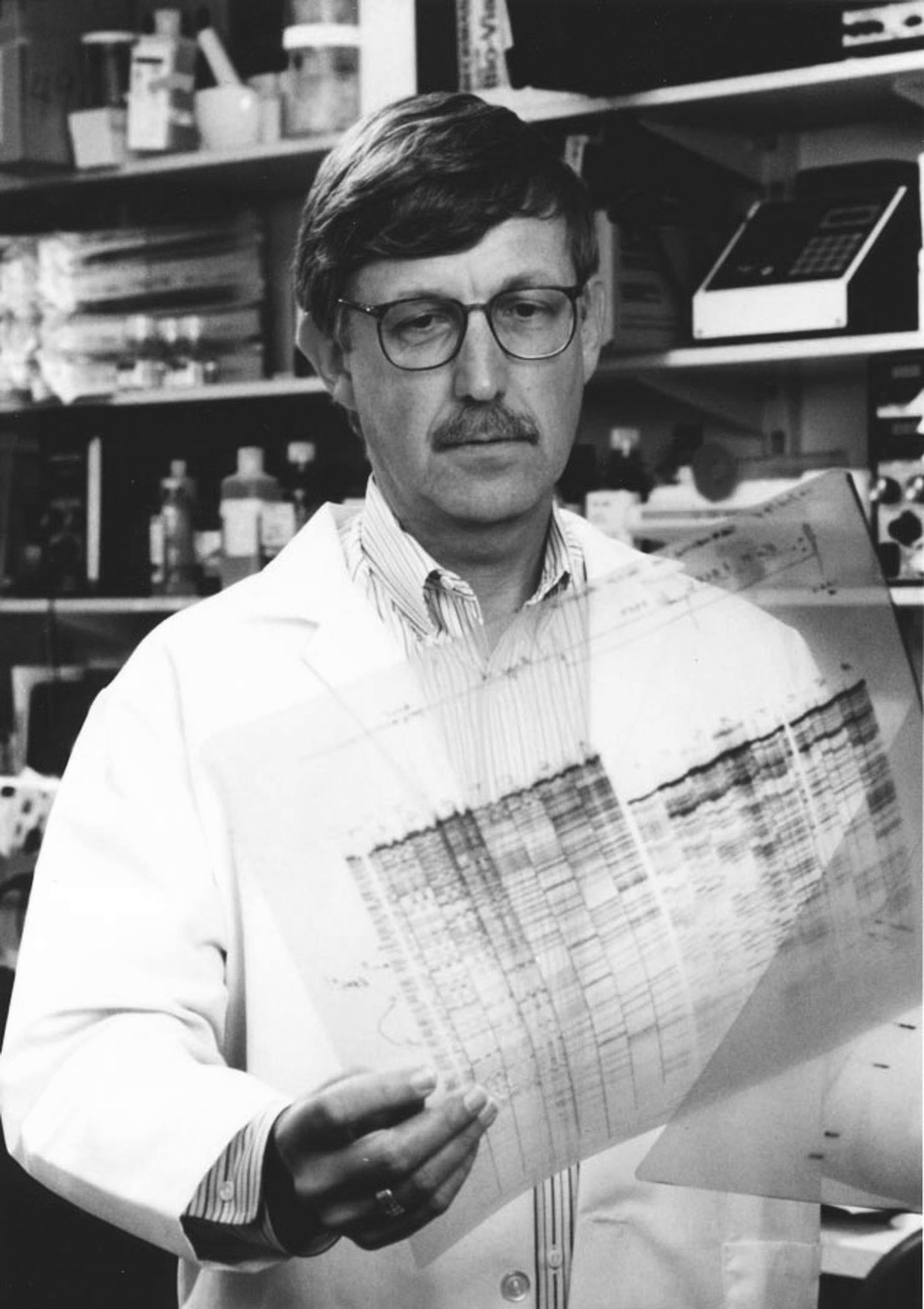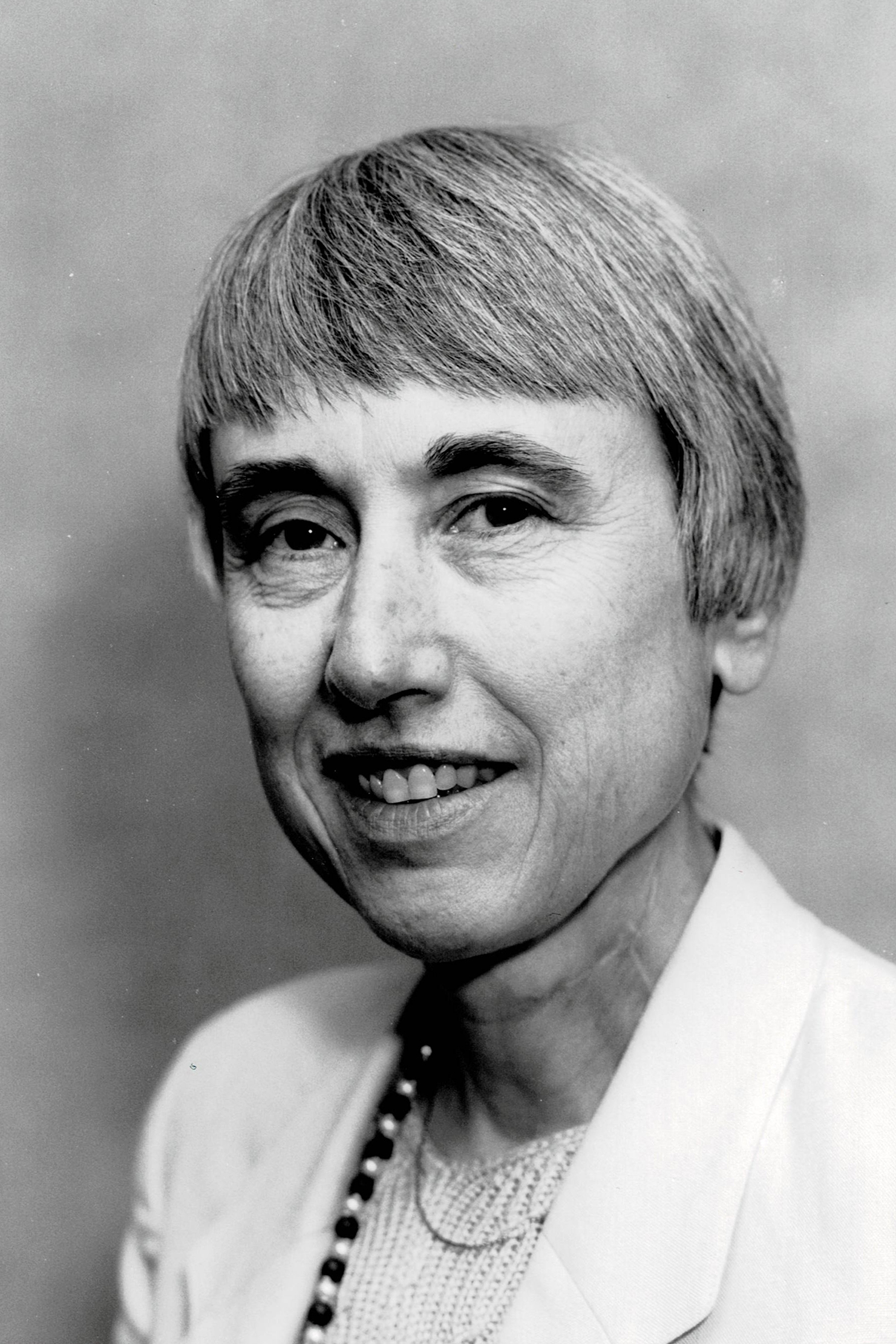NHGRI makes history of genomics special collections available to the public
Archives include trove of historical materials from the Human Genome Project.
The Francis Collins Collection
The Francis Collins Collection alone contains digitized files from nearly 100 boxes of documents, totaling approximately 200,000 pages of paper materials created or preserved during his tenure as NHGRI director from 1993 to 2008. “We recognized the revolutionary importance of the Human Genome Project and how critical its associated documentation would be to historians, journalists and the general public wanting to know more about the development of genomics and the vital role played by NIH . We worked hard to record the key moments and decisions related to this amazing example of team science,” Dr. Collins notes. “As I passed the baton to Eric Green, I was delighted to see the implementation of robust efforts to capture and organize the invaluable materials that we had collected!”, said Dr. Collins.
Shortly after Eric Green, M.D., Ph.D., succeeded Dr. Collins as NHGRI director, he recruited Dr. Donohue and established the NHGRI History of Genomics Program. This ignited the process of digitizing and preserving the files and other materials that now make up this unprecedented archival resource, of which the Francis Collins Collection is the largest.
Since Dr. Collins remained NHGRI director for five years after the completion of the Human Genome Project in 2003, his full collection also includes numerous assets from other NHGRI-led landmark projects, such as the International Haplotype Map (HapMap) Project, 1000 Genomes, Human Heredity and Health in Africa (H3Africa), and the Electronic Medical Records and Genomics (eMERGE) Network, among others.
Some highlights from this new public collection include plans for data sharing from the 1996 and 1997 Human Genome Project Bermuda meetings; Dr. Collins’ handwritten notes for President Bill Clinton to announce the completion of the first draft human genome sequence; files related to the establishment and operation of the Ethical, Legal, and Social Implications (ELSI) Research Program; and video footage of early genomics technologies and the laboratories that participated in the Human Genome Project.
The Elke Jordan Collection
Dr. Jordan’s collection contains digitized materials from nearly 30 boxes of documents from her time at NHGRI, including when she served as Deputy Director from 1988-2002. As one of the earliest staff members and leaders of the institute, her collection spans almost the entirety of the Human Genome Project, including before there was even a genomics-focused institute at NIH. She led the project through changes in directorship before the arrival of Dr. Collins.
Dr. Jordan played an especially important role in the establishment of the Ethical, Legal, and Social Implications (ELSI) Research Program, one of the important and enduring legacies of the Human Genome Project. Her collection includes key documents from the project, including minutes and agendas from the first Program Advisory Committee and ELSI meetings, correspondence and memoranda establishing the National Center for Human Genome Research as a formal center (and later an institute) within NIH, and documents related to Congressional oversight and funding of the Human Genome Project.
“The Human Genome Project is a scientific endeavor of great historical importance,” Dr. Jordan wrote in an archived 1992 memo to staff, urging them to preserve official documents. “Consequently, many of our files and records may someday be required to document the history of the project.”
"It’s great that the public is going to be able to get greater access to these invaluable materials through this new resource,” Dr. Jordan added.
Last updated: November 2, 2023


